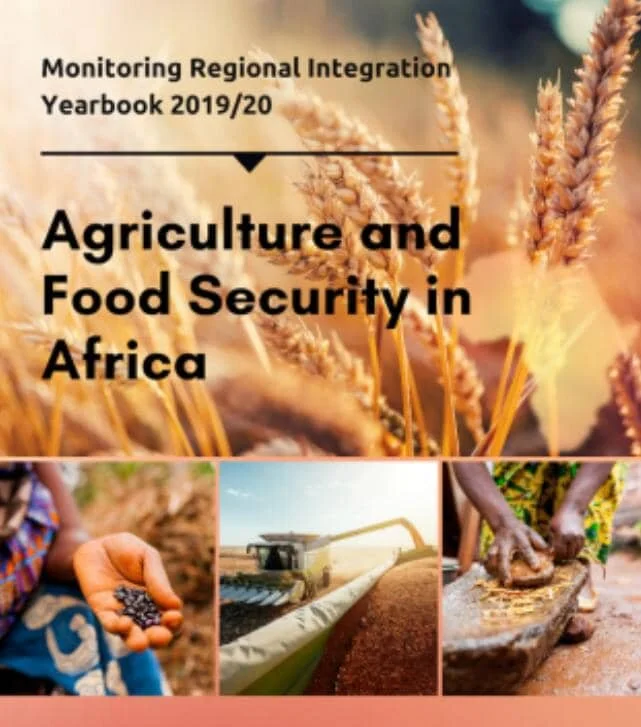Monitoring Regional Integration Yearbook 2019/20: Agriculture And Food Security In Africa
If there is one thing which the current Covid-19 pandemic has done, it is to highlight the issue of food insecurity on the African continent and illustrate the interdependence of food (in)security on food production systems (agricultural production and the environment within which it is produced) and access to food (trade, tariff, and non-tariff barriers, prices and market conditions).
The pandemic and measures taken to curtail its spread have compounded food insecurity on the African continent. Food insecurity challenges were already evident due to previous and ongoing extreme climatic conditions (floods and droughts in southern Africa), pests (locusts in East Africa), civil unrest, slow economic growth, and high levels of unemployment and poverty.
Lockdown regulations across the world have led to a decrease in employment, levels of disposable income and export-earnings, and an increase in food waste, food price increases, and trade distortions leading to a decrease in access to food, increasing food insecurity. Africa’s projected population increase for the next three decades will compound the continent’s food insecurity.
Given the current state of the food production system, the question is how will it be possible to improve physical and economic access to sufficient food, while also ensuring the sustainability of Africa’s food and agricultural systems? If these systems remain stagnant in a changing world, persistent food insecurity is highly likely.
Efficiency and sustainable food production can be improved through the uptake of new technologies and production methods. Addressing fragmented agricultural markets through regional integration efforts (reducing high agriculture and food tariffs and non-tariff barriers to trade and improving cross-border trade) can enable Africa to feed its growing population. Sustainable production and food systems that are more productive and less invasive in the natural environment are important to improve access to food across the continent.
This book covers various topics related to agriculture and food security challenges faced by African countries. Africa’s population has been increasing and is estimated to reach 1.2 billion by 2050. With the population increase, there have been significant changes in the pattern of consumption, but undernourishment in Africa is still prevalent.To improve food security and alleviate malnutrition requires an increase in access to food.
More food production will require increased land and other agricultural input use, or increasing productivity or greater imports. However, the supply of land and agricultural inputs is finite. In the long-term, regional integration efforts and technology investments can make the most practical contributions to alleviate food security concerns. Under the African Continental Free Trade Agreement (AfCFTA), reducing tariffs and non-tariff barriers to intra-Africa food trade, trade facilitation measures, and the promotion of investment in agricultural development, innovation and technology will increase access to food.
Technology, including changes in agricultural management practices, irrigation technologies, alternative crop breeding strategies, drones, and satellites can increase the productivity of existing resources by increasing yields and feeding the population in a sustainable manner.
The views and opinions expressed here belong to the author or interviewee and do not necessarily reflect those of The Youth Cafe.


